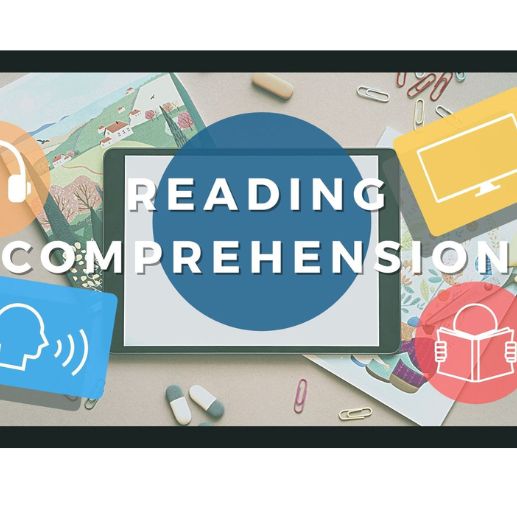寻找适合你的 英语 教师…

Aunque vs. Even Though: El Subjuntivo y las Cláusulas Concesivas en Inglés y Español
描述
Understanding Concessive Clauses in Spanish and English
In Spanish, the mood (indicative or subjunctive) in concessive clauses depends on whether the action is factual, non-factual, or counterfactual. For example, the conjunction "aunque" (although) can be used with both indicative and subjunctive moods depending on the context.
Example in Spanish:
Indicative: "Vendré aunque no tengo ganas." (I will come even though I don't feel like it.)
Subjunctive: "Vendré aunque no tenga ganas." (I will come even if I don't feel like it.)
In English, concessive clauses typically use the indicative mood. The conjunctions "although," "even though," and "though" are commonly used, and they don't change the mood of the verb.
Example in English:
"Although he doesn't want to, he will come."
"Even though she is tired, she will finish the work."
So, while Spanish requires a choice between indicative and subjunctive based on the nature of the action, English consistently uses the indicative mood in concessive clauses.
播客频道
Taming the Spanish Verb: The Macondo Man
播客创作者
所有播客集

The Day of San Juan

Calling 911 🆘

How to Ask for Feedback in an Interview

Which One is More Serious, 严格 or 严肃?

Lesson2 word 11 ( Tempt )

The 3rd Place to Visit among 5 Tourist Attractions in South Korea _해운대

Humpback Whales Use Bubbles to Hunt

Song Lyrics: Tracey Chapman
热门播客集

Clan de Autodidactas
The Day of San Juan

Everyday Dialogues
Calling 911 🆘

Express to Impress
How to Ask for Feedback in an Interview

Learn Chinese and Have Fun!
Which One is More Serious, 严格 or 严肃?

Engsavvy ( 504 Absolutely Essential Words )
Lesson2 word 11 ( Tempt )

Korean with Yuna
The 3rd Place to Visit among 5 Tourist Attractions in South Korea _해운대

Practice Listening, Reading & Comprehension
Humpback Whales Use Bubbles to Hunt

Teacher Joseph's Podcast
Song Lyrics: Tracey Chapman